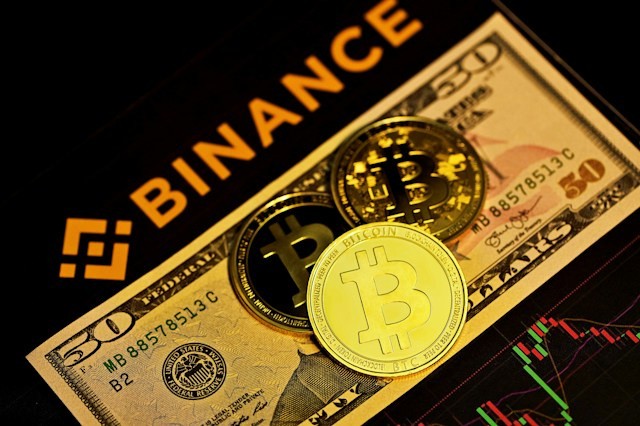The latest testament to the sector's complexity in the rapidly evolving world of cryptocurrency is the ongoing courtroom clash between the world's largest crypto exchange, Binance, and the U.S. Securities and Exchange Commission (SEC). The SEC defended its authority to regulate certain crypto assets in court on Monday, while Binance asked a federal judge to dismiss the case against it.

Who Holds the Reigns? The Battle for Control
This courtroom face-off, tightly observed by the industry, could help define the boundaries of the U.S. securities regulator's jurisdiction over the crypto realm. This legal tug-of-war is not an isolated event, but the second courtroom skirmish in less than a week deals with similar questions. The prior week saw Coinbase and the SEC dispute analogous matters.
Binance's request for the lawsuit to be dismissed, which the SEC filed alleging violation of its rules and fraud, is one of the last significant legal hurdles Binance faces in the U.S. However, Judge Amy Berman Jackson did not immediately rule, stating she needed to reflect on the matter.
Past Shadows and Present Allegations - A Cryptic Tale
Binance had also previously tackled legal challenges. In November, it agreed to pay a whopping $4.3 billion to settle with the Commodity Futures Trading Commission and Department of Justice on counts of illegal finance breaches. Changpeng Zhao, its then CEO, pleaded guilty to violating U.S. anti-money-laundering laws and stepped down from the CEO position. Nonetheless, the SEC's case continues to overshadow the exchange.
The SEC's accusations against Binance, Zhao, and their U.S. arm are weighty. The accusations include inflated trading volumes, customer funds diversion, failure to restrict U.S. customers from their platform, and misleading investors about their market surveillance measures. Furthermore, Binance stands accused of unlawfully facilitating the trade of several crypto tokens that the SEC sees as unregistered securities.
Are Crypto Assets Securities?
A principal hinge in the SEC case is the nature of crypto assets traded on Binance's trading platform. The big question is: Are these asset securities under the SEC's jurisdiction? Matthew Gregory, a lawyer for Binance, reflects the industry's predicament accurately - the call to register while finding the door closed for a viable pathway to do so.
For decades, the definition of 'security' from the Securities Act of 1933 has been the reference. However, many experts seek further clarity from U.S. Supreme Court cases for something more concrete. The universally accepted test to establish an investment product as a security is to question whether people are investing in a joint enterprise with profit expectations.
The courtroom saw several questions from the judge to lawyers from both sides on their conflicting views on the issue. The crypto sector's call for new regulation faced the challenge of aligning with existing case law, indicating that securities laws serve flexibility and investor protection.
The Unmarked Boundary
Earlier, Coinbase and the SEC were locked in a similar tussle. Interestingly, the SEC's case against Binance carries more weight with fraud and market manipulation accusations. The rulings from both these cases may have implications for digital assets by clarifying the SEC's jurisdiction over the sector.
Under Chair Gary Gensler, the SEC turned its gaze on firms offering trading platforms, clearing activity, and playing the role of broker-dealers. This regulatory scrutiny met resistance from firms believing the SEC had overreached its authority. Judge Jackson echoed the industry's curiosity about the extent of the regulator's jurisdiction.
What Next? The Importance of Legal Support
Times like these reignite the debate about the relationship between cryptocurrencies and traditional finance systems. As legislators, courts, and market participants grapple with these questions, having an experienced ally by your side is crucial.




